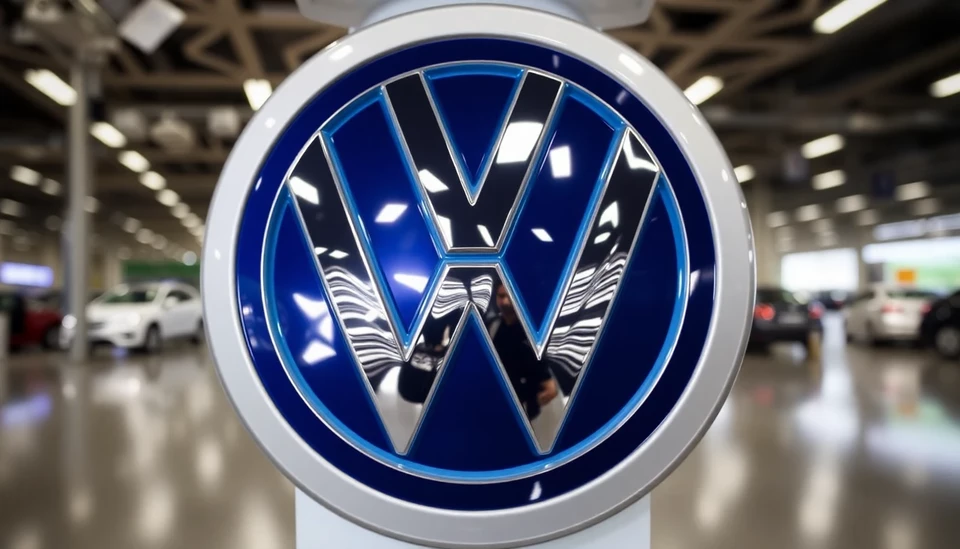
Volkswagen AG has rolled out a proposed cost-saving strategy intended to preserve its operations at several major factories in Germany, while also navigating the industry’s shift toward electric vehicles (EVs). This initiative comes at a critical time when the automotive sector is grappling with the need for significant reductions in production costs amidst growing competitive pressures from both traditional automakers and new entrants in the EV market.
The German automaker detailed its proposal during a recent meeting with labor representatives and union officials. The plan focuses on optimizing production processes and increasing efficiency across its manufacturing sites. One of the key components of the strategy includes a reduction of fixed costs by approximately 4 billion euros ($4.3 billion) annually. This dramatic cuts aim to support the company's long-term sustainability and bolster its position in the rapidly evolving automotive landscape.
Management has emphasized that this proposal is not solely about slashing expenses but rather enhancing the overall productivity of Volkswagen's operations. Part of the plan involves upgrading existing plants and incorporating advanced technology to facilitate smoother transitions towards electric vehicle production.
To ensure that these changes do not lead to significant job losses, Volkswagen is advocating a collaborative approach with labor unions. The company aims to negotiate terms that will maintain employment levels while implementing necessary transformations. This dual focus on cost efficiency and job retention stands as a critical pillar in discussions with stakeholders throughout the process.
Volkswagen has identified several key areas for potential savings. These include streamlining supply chains, leveraging economies of scale within its production units, and enhancing the role of digitization in manufacturing processes. Optimizing these facets is expected to play a pivotal role in helping Volkswagen meet its ambitious electrification targets while maintaining a competitive edge.
The announcement of this cost-saving plan has rekindled discussions regarding the future of the automotive industry in Germany, a region known for its storied manufacturing history. As Volkswagen commits to transitioning towards electrification, the ripple effects could influence various facets of the automotive supply chain and potentially reshape the labor landscape.
In reaction to these developments, industry analysts believe that Volkswagen's proactive stance could fortify its standing against competitors, particularly as it faces challenges from companies such as Tesla and other emerging EV manufacturers. The proposed measures signal a significant commitment to innovation and adaptation, which are essential in an era defined by rapid technological advancement and evolving consumer preferences.
Volkswagen’s management has expressed optimism about the potential outcomes of these cost-reduction efforts. Their focus on efficiency paired with a dedication to retaining employment is seen as a balanced approach to addressing the imminent changes in how vehicles are designed, manufactured, and sold moving forward.
<#>Volkswagen #ElectricVehicles #CostSavings #Manufacturing #Germany #IndustryTransformation #EVMarket #JobRetention #Innovation #AutomotiveNews
Author: Victoria Adams




